Practicing the piano, researching the behavior of animals, developing sustainable building materials, analyzing political speeches, explaining emotions to chatbots, preventing operational failures or putting autonomous satellites into orbit: The "Engineering Intelligence - Cyber Valley at the University of Stuttgart" event demonstrated how artificial intelligence, intelligent robotics and intelligent systems permeate almost all areas of our society - and what the University of Stuttgart and its partners are accomplishing in these fields.
European hotspot for intelligent systems
"Our common goal is to become a European hotspot for intelligent systems and to attract the next generation of students and researchers from all over the world," explained Professor Wolfram Ressel, Rector at the University of Stuttgart, in his welcome address. On November 29 and 30, 2023, around 400 interested parties and experts from the fields of science, business, and politics and around 50 speakers came together to learn more about the diverse research projects being developed by the University of Stuttgart and its partners, and to discuss the opportunities and risks of AI and strengthen the Cyber Valley network.
The two clusters of excellence SimTech and IntCDC, as well as the Institute for Artificial Intelligence, the Center for Bionic Intelligence Tübingen Stuttgart (BITS), Cyber Valley GmbH and the University of Stuttgart's new Transfer Center (TRACES) were among the participants. The event was organized by the Institute for Entrepreneurship and Innovation Science (ENI) in cooperation with the university's Office of the Rectorate.
Intelligent systems that benefit society
"Advances in AI will have an enormous impact on society," emphasized Professor Frank Allgöwer, Head of the Institute for Systems Theory and Automatic Control (IST) at the University of Stuttgart. As part of the Cyber Valley research alliance, the University of Stuttgart is focusing on intelligent robotics and embedding intelligent robots in physical systems. The aim is not only to anchor modern AI developments in the engineering sciences, but also to utilize the potential of intelligent systems for the benefit of society.
Among other topics, research is being conducted into intelligent robots for healthcare applications, human-machine interaction, the perceptual and cognitive capabilities of intelligent systems, hardware components, modeling, and simulation technologies as well as ethical issues and exploitation possibilities. Five new professorships, two independent junior research groups and six tenure-track professorships have now been created as part of Cyber Valley.
Leveraging opportunities and minimizing risk
The two-day congress once again made it clear that the development and application scenarios of intelligent robots and systems encompass much more than just technical challenges. The experts agreed that it is impossible to exploit the full potential of artificial intelligence without the involvement of all disciplines and joint research by the fields of humanities, natural sciences, and engineering. How can intelligent systems be developed in a people-centered way and how can we counteract prejudices during their development? What are the limits of AI applications, for example in autonomous vehicles or in diagnostics and medical treatments? What long-term effects will AI have on our society, for example with regard to future jobs? These questions were also on the agenda at "Engineering Intelligence". It is clear that AI should remain a tool to support people, not replace them.
A transfer of knowledge that benefits society
Amrei Bahr, Junior Professor of Philosophy of Technology & Information at the University of Stuttgart, explained why not only AI, but also the transfer of knowledge and technologies need an "ethical foundation". The links being forged for the transfer of knowledge between university and industry are not one-way streets. Bahr emphasized that good scientific practice is needed to stabilize these new links, among other things, and also the responsible implementation of research findings.
Dr. Rubina Zern-Breuer, head of the TRACES Transfer Centre, which was launched as part of this event, knows that the start-up-oriented transfer that the University of Stuttgart is committed to is not a sure-fire success. In the spirit of the so-called 'third mission', universities are not only sources of knowledge and training centers, but also places where innovation and ideas come to life. It is important that transfer from the university to business, politics and society enable solutions that benefit society. Prof. Peter Middendorf, Vice Rector for Knowledge and Technology Transfer at the University of Stuttgart, also made it clear in his keynote speech at the launch of the TRACES center, how important it is that the University of Stuttgart supports the "third mission" in terms of its transfer strategy and the practical implementation by the new transfer center.
About the Cyber Valley - Research Alliance
Cyber Valley is Europe’s largest and leading center for excellence in artificial intelligence and modern robotics. Its mission and public mandate are to advocate for research, development, application, and acceptance of technologies and methods in the field of intelligent systems. Cyber Valley encourages entrepreneurship by uniting scientific excellence with innovation and technology transfer. In addition, Cyber Valley facilitates critical reflection on the ethical and social implications of AI through public engagement. Cyber Valley envisions a future in which the full potential of intelligent systems is leveraged for the greater good of the world.
The Cyber Valley Community is a network of AI researchers, entrepreneurs, investors, and start-ups, alongside partners from academia, industry, and society. Cyber Valley GmbH is owned by the State of Baden-Württemberg and the Max Planck Gesellschaft. It acts as the service provider, central organizer, and host for the Cyber Valley Community. While Cyber Valley GmbH is located in Stuttgart and Tübingen, it operates across Baden-Württemberg with a global reach, attracting the best talent from across the world to create the future with AI.


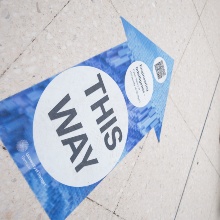




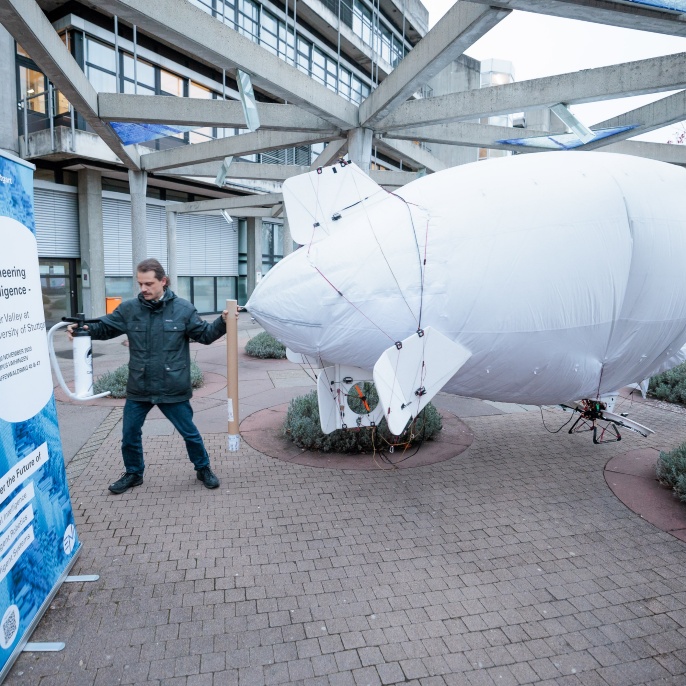
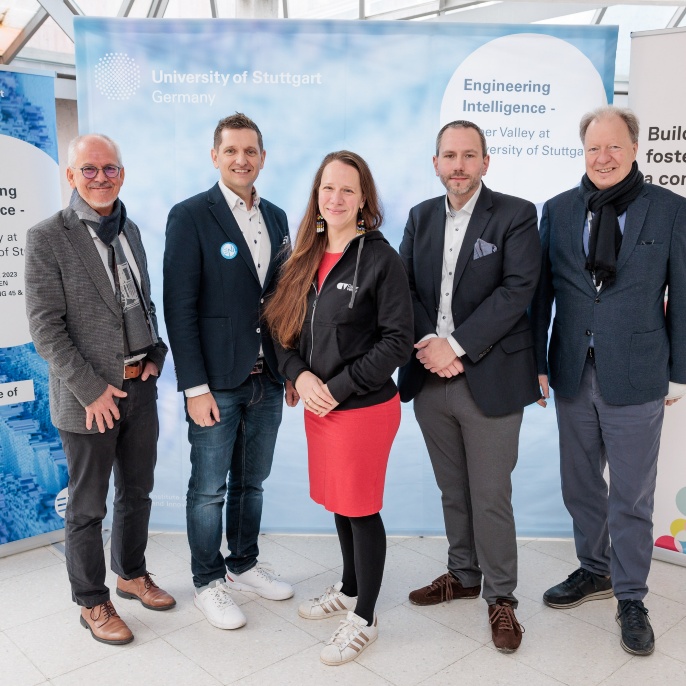
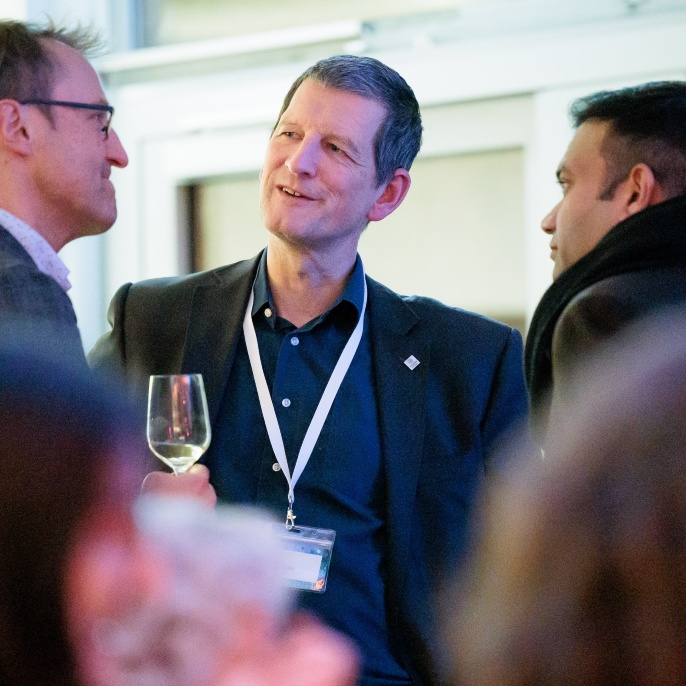
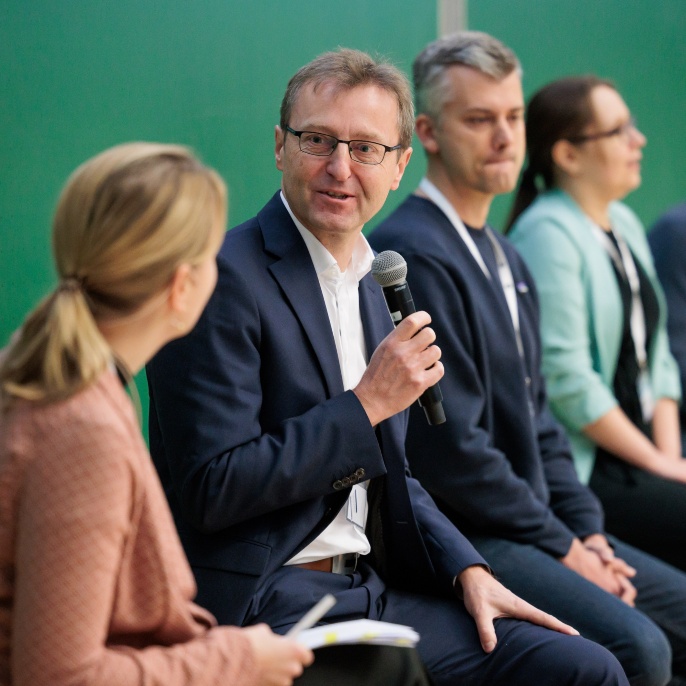
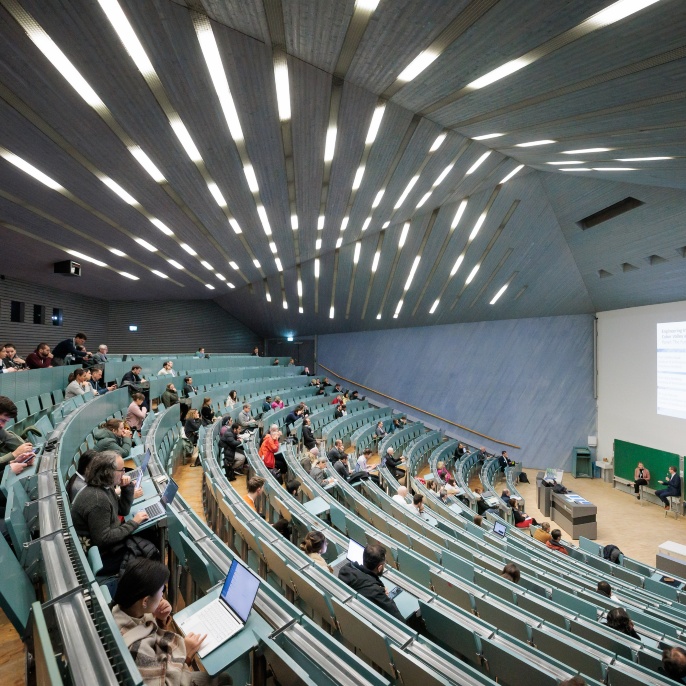
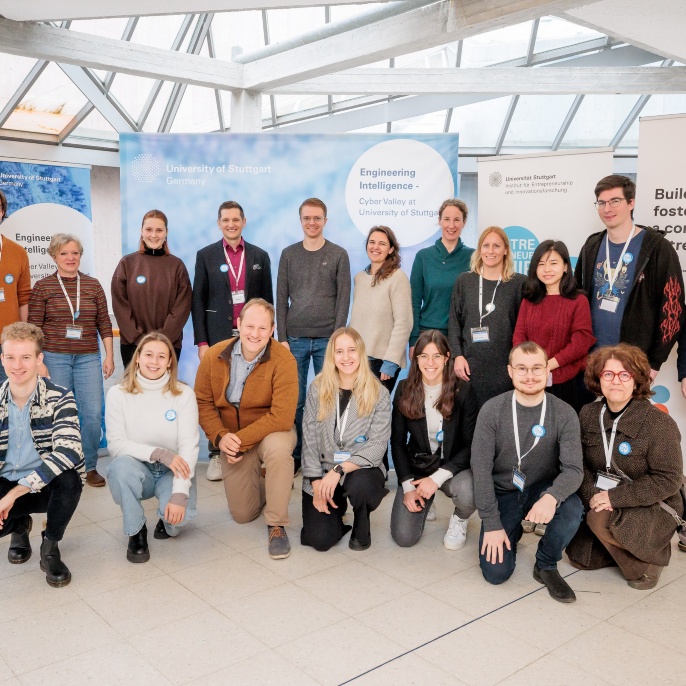
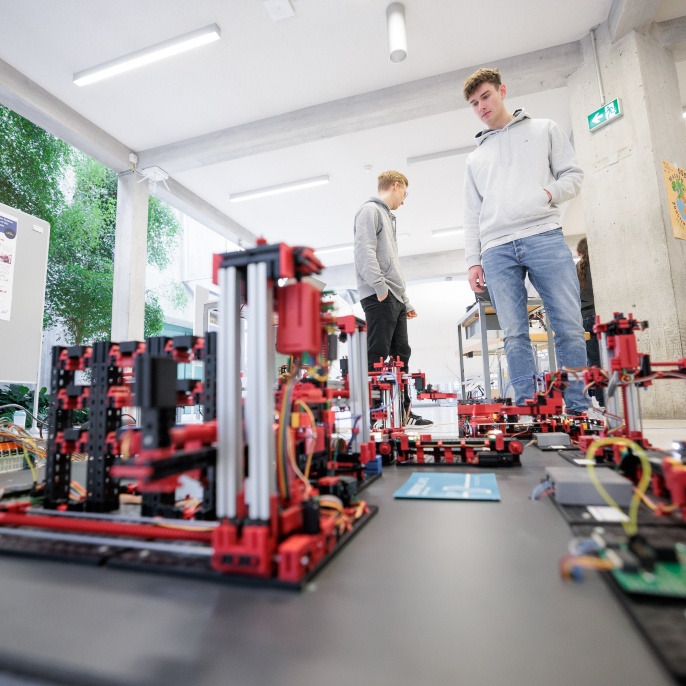
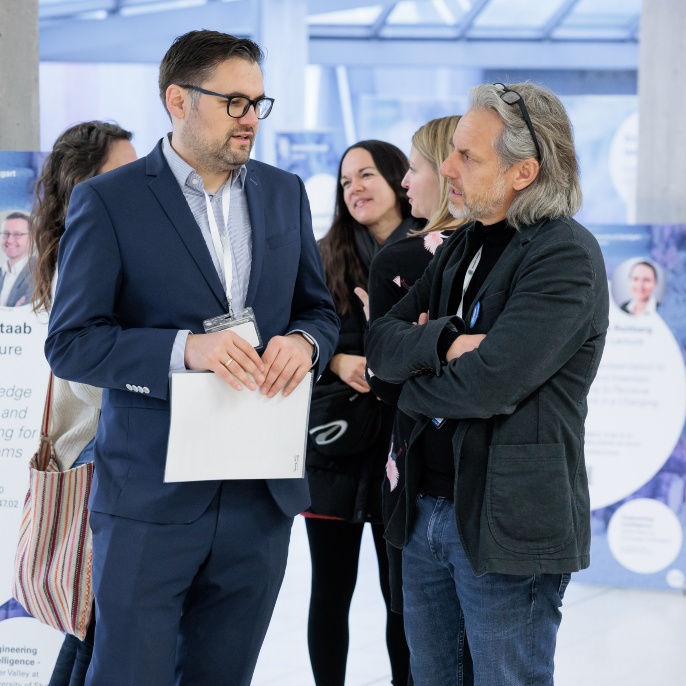
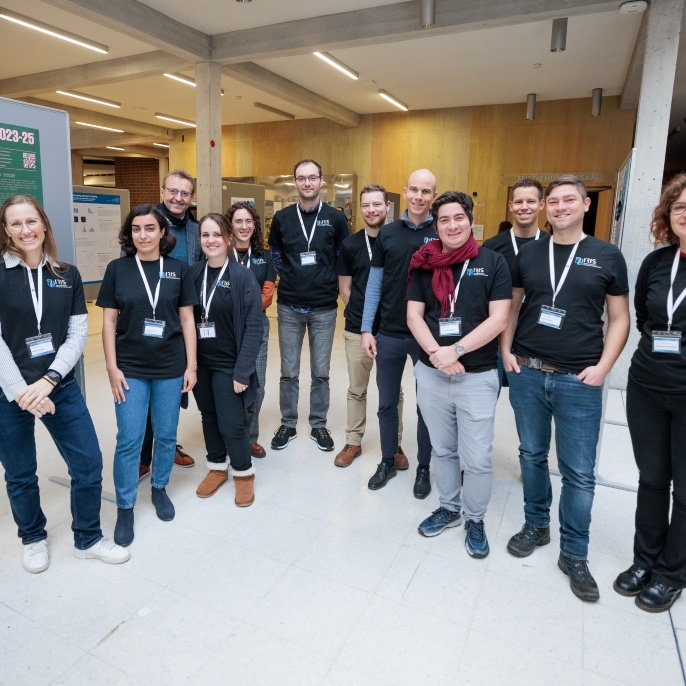
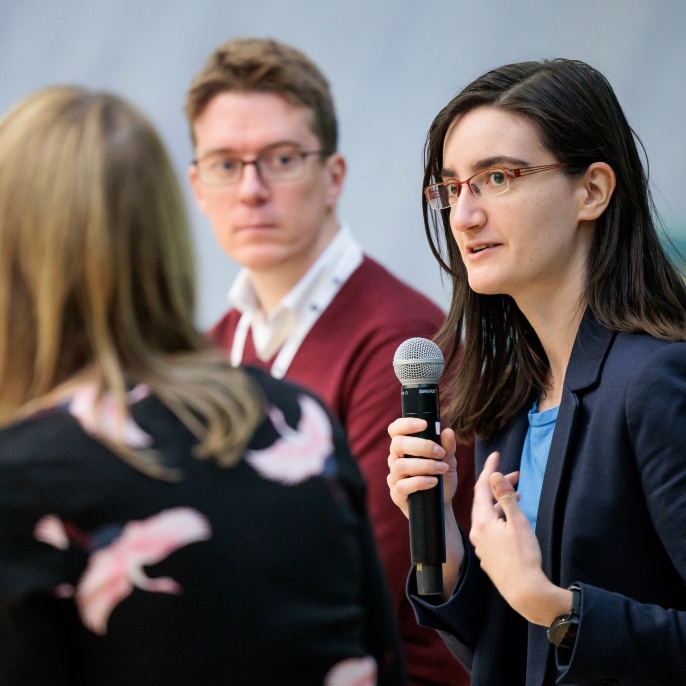
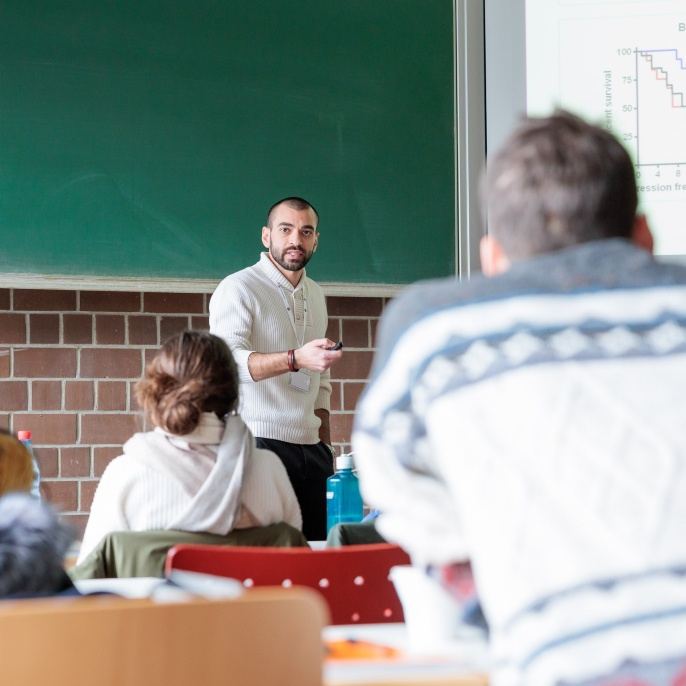
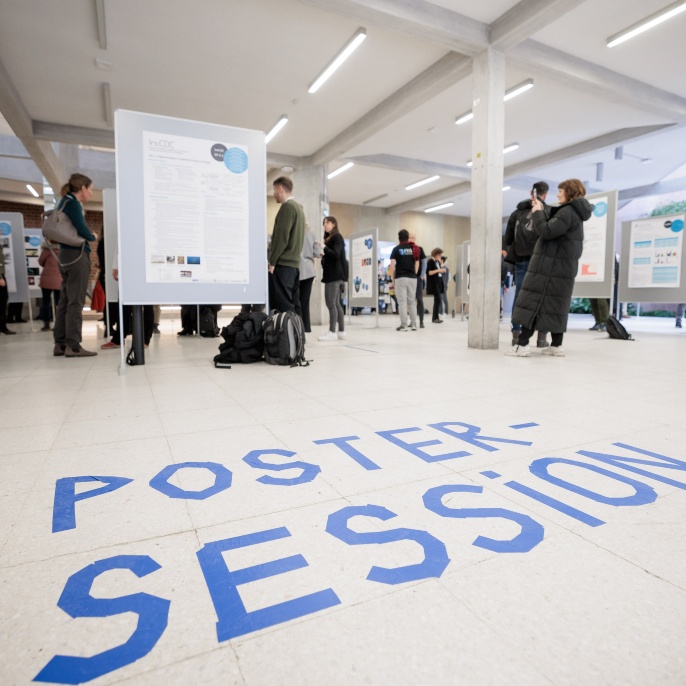
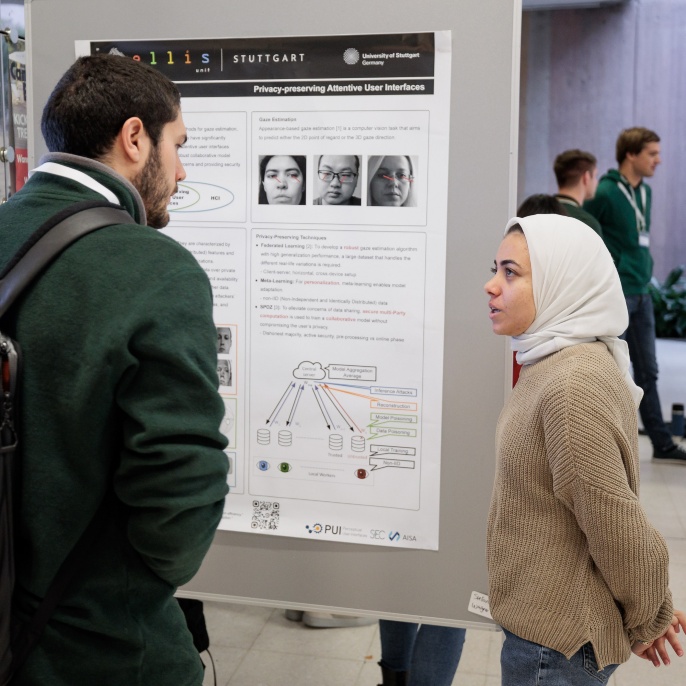
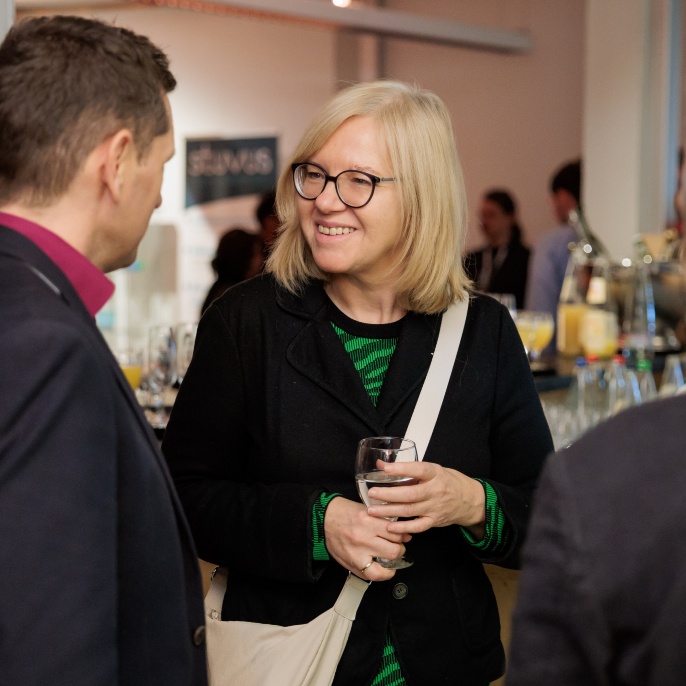
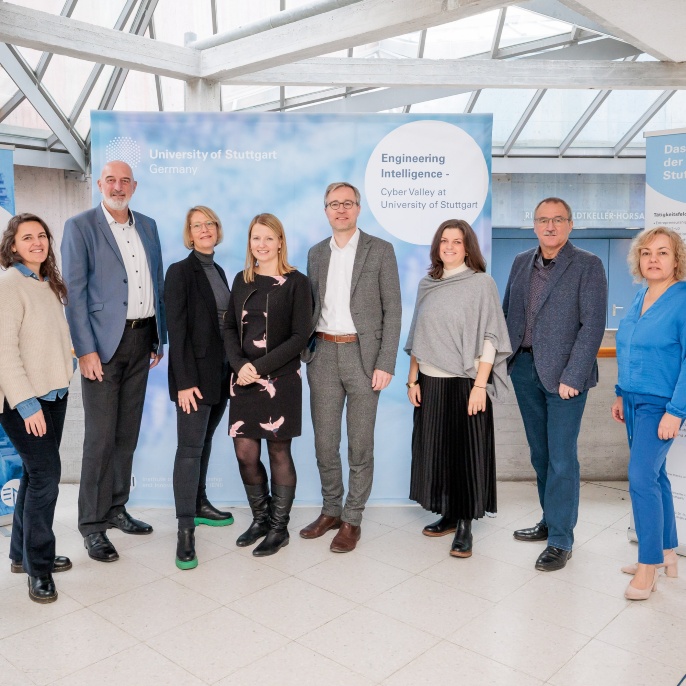
![Dr. Christian Mahringer and participants of the workshop at frei[raum].](https://www.uni-stuttgart.de/universitaet/aktuelles/img/galerie-cyber-valley-veranstaltung-en/engineering-intelligence-16.JPG?__scale=w:686,h:686,cx:640,cy:0,cw:2560,ch:2560)